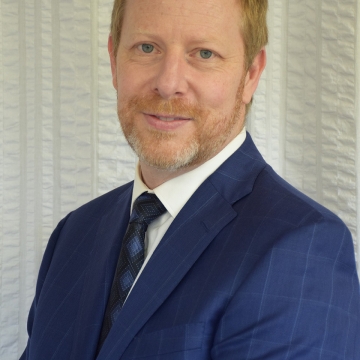Master of Health Science (MHS) in Health, Behavior and Society
Offered By: Department of Health, Behavior and Society
Onsite | Full-Time | 1.5–2 years
About the MHS in Health, Behavior and Society Program
The MHS in Health, Behavior and Society is an advanced research degree. It is designed for students with undergraduate exposure to social and behavioral sciences and/or public health, who seek further training in theory and methods in these areas.
The program integrates and applies a broad range of interdisciplinary knowledge and analytical skills in social aspects of public health, with an emphasis on contemporary health problems.
Students are prepared to work in public health research or policy. Many graduates continue with further academic training, including pursuing a PhD or DrPH in public health or related fields.
This STEM-designated program has a strong track record in training students in quantitative, qualitative, and mixed methods.
Pathway Program for Undergraduate Students at Goucher College
Undergraduate students at Goucher College have a special opportunity to seek early admission to the MHS in HBS degree program. Goucher students who are interested in applying to the MHS in HBS degree program should follow the instructions on this program’s admissions page. If accepted conditionally into the MHS in HBS program in the summer following their junior year of undergraduate studies at Goucher, these students will work with the program director to select BSPH courses that they will complete during their senior year. During this initial year, they will be considered Special Students Regular (SSR) at the Bloomberg School, since their primary student category will be as undergraduate students at Goucher. They are required to complete at least 6 credits of BSPH coursework, but they may complete up to 21 credits of BSPH coursework as SSRs. They will receive BSPH credit for the coursework completed at BSPH and will have the option to work with the Goucher registrar’s office to receive credit at Goucher as well. By July 1 immediately after graduation from Goucher, the students must contact the BSPH Admissions Office with copies of their official BSPH and Goucher transcripts to request consideration for formal admission into the MHS in HBS program. To be eligible to convert their conditional acceptance into formal acceptance for the MHS degree program, students must receive a B or better in all BSPH courses and maintain a 2.75 GPA in BSPH courses, and must graduate in good standing from Goucher.
To learn more, please contact L. Robin Newcomb, Academic Program Administrator, at HBS_Admissions@jhu.edu.
MHS in Health, Behavior and Society Program Highlights
STEM-Designated Program
The MHS in Health, Behavior and Society is a STEM-designated program.
BLENDED CURRICULUM
including coursework, seminars, and independent study.
Culminating master's research paper
with opportunity to present original research.
Applied research experience
with development of a research plan and completion of a mentored research project.
What Can You Do With a Graduate Degree In Health, Behavior and Society?
Visit the Graduate Employment Outcomes Dashboard to learn about Bloomberg School graduates' employment status, sector, and salaries.
Sample Careers
- Research Associate
- Policy Analyst
- Project Manager
- Doctoral Student
- Foreign Service Officer
- Health Communication Specialist
Curriculum for the MHS in Health, Behavior and Society
Browse an overview of the requirements for this master's program in the JHU Academic Catalogue, explore all course offerings in the Bloomberg School Course Directory, and find many more details in the program's Student Handbook.
Admissions Requirements
For general admissions requirements, please visit the How to Apply page.
Standardized Test Scores
Standardized test scores (GRE) are optional for this program. The admissions committee will make no assumptions if a standardized test score is omitted from an application, but will require evidence of quantitative/analytical ability through other application components such as academic transcripts and/or supplemental questions. Applications will be reviewed holistically based on all application components.
Program Faculty Spotlight

Karin Tobin, PhD ’04, MHS ’00, is a social and behavioral scientist who studies how social networks and place-based context shape health and inequalities.

Meghan Moran, PhD, MA, studies how communications from advertising to misinformation shape public health issues such as vaccine promotion, cancer screening, and tobacco control.

Brian Weir, PhD ’13, MHS 12, MPH, is an HIV prevention researcher with expertise in study design, analytic methods, and economic evaluation.

Michelle Kaufman, PhD, MA, designs, implements, and evaluates technology-driven interventions to reduce health disparities and promote wellness among vulnerable populations.

Tuition and Funding
The Master’s Tuition Scholarship is available to students in good academic standing in a two-year, full-time master’s program. The MTS is a 75% reduction in tuition for year two of an eight-term program.
Contact Us
Questions about the program? We're happy to help.
Application and Admissions Procedural Questions
Please direct questions about application and admissions procedures to the BSPH Admissions Office.
Email: bsph.admissions@jhu.edu
Phone: 410-955-3543
General Academic Questions
For general academic questions about the MHS in Health, Behavior and Society, please contact our Department's academic program administrator, L. Robin Newcomb.
Email: HBS_Admissions@jhu.edu
